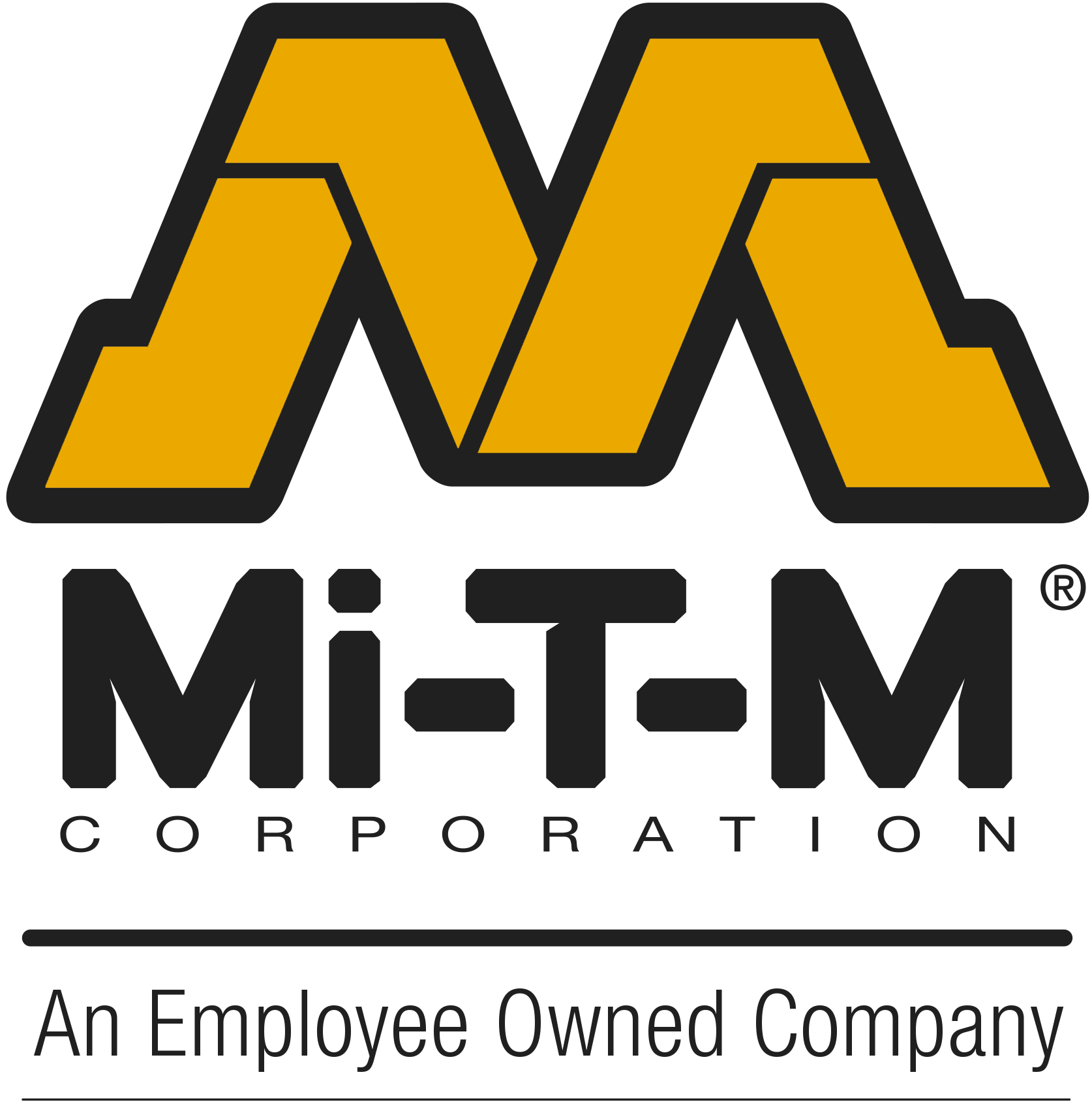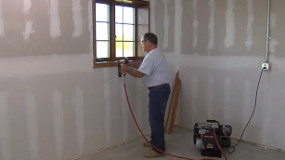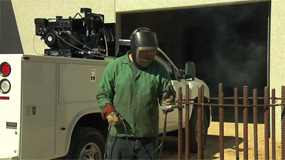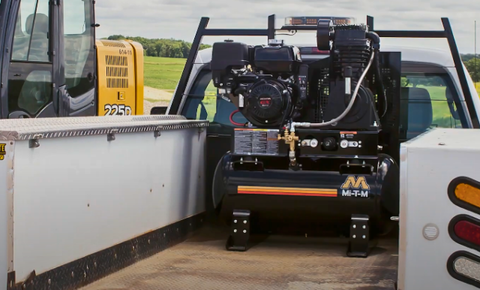Pneumatic tools are widely used both at home and on job sites, making air compressors essential for professionals. A gasoline air compressor can be easily transported and used where no electrical power is accessible. Our video and guide will show you the proper startup, operation, and shut down procedure for a gas powered air compressor.
Before You Begin → Important Information
-
Always operate the air compressor in a well ventilated area that is free of flammable vapors.

-
Wear safety goggles and closed toe shoes while operating power equipment.

-
Do not come in contact with the engine, and make sure the air compressor is on a flat surface.

-
Check the compressor oil and engine oil levels before each use.

- Make sure there is fuel in the compressor, and that the engine is off and cool when refueling.
- Check that the belt guard and all covers are in place.
-
Connect the air hose to the regulator valve.

-
Now connect your air tool to the hose.

Getting Started → Operating The Equipment
-
Move the red easy start lever on the pilot valve to the “open” position.

-
Turn the engine switch to the “on” position.

-
Move the choke lever to the “on” position.

-
Pull the recoil.

-
Once the engine starts, move the choke to the “closed” position and the red lever to the “closed” position.

-
Adjust the pressure to the tool PSI specification.

- Never exceed the pressure recommended by the tool manufacturer.
Finishing The Job → Shutting Down The Compressor
-
Move the engine switch to the “off” position.

-
Drain the air from the tanks by pulling on the safety relief valve.

-
Once the pressure gauge registers under 10 pounds, open the drain valve under each tank to remove any moisture.

- Allow the air compressor to cool down.
Need Help?
Contact Mi-T-M or find a dealer today to learn more ways we can help you and your business.




 Latest Equipment
Latest Equipment
 Accessories
Accessories
 Pressure Washers
Pressure Washers
 Air Compressors
Air Compressors
 Generators
Generators
 Air Compressor Generators
Air Compressor Generators
 Air Compressor / Generator / Welders
Air Compressor / Generator / Welders
 Portable Heaters
Portable Heaters
 Water Treatment Systems
Water Treatment Systems
 Trailers
Trailers
 Water Pumps
Water Pumps
 Wet / Dry Vacuums
Wet / Dry Vacuums
 All Residential Products
All Residential Products
 All Commercial Products
All Commercial Products
 Pressure Washers
Pressure Washers
 Generators
Generators
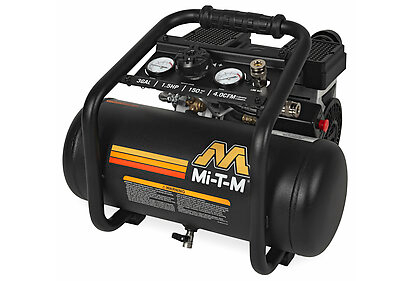 Air Compressors
Air Compressors
 Custom Fire Pits
Custom Fire Pits
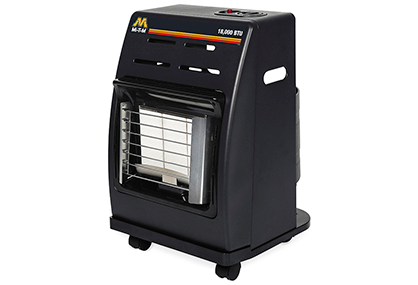 Portable Heaters
Portable Heaters
